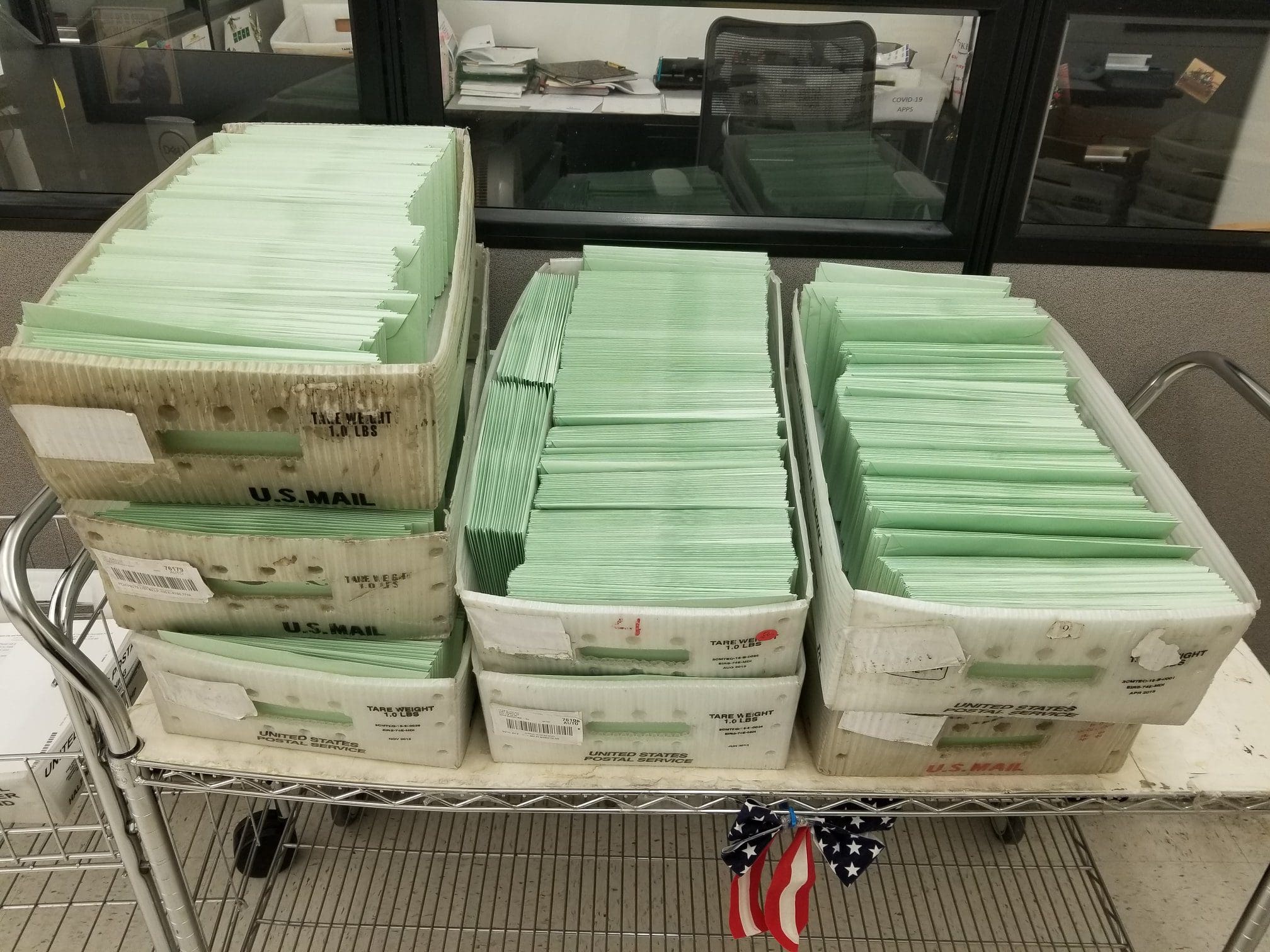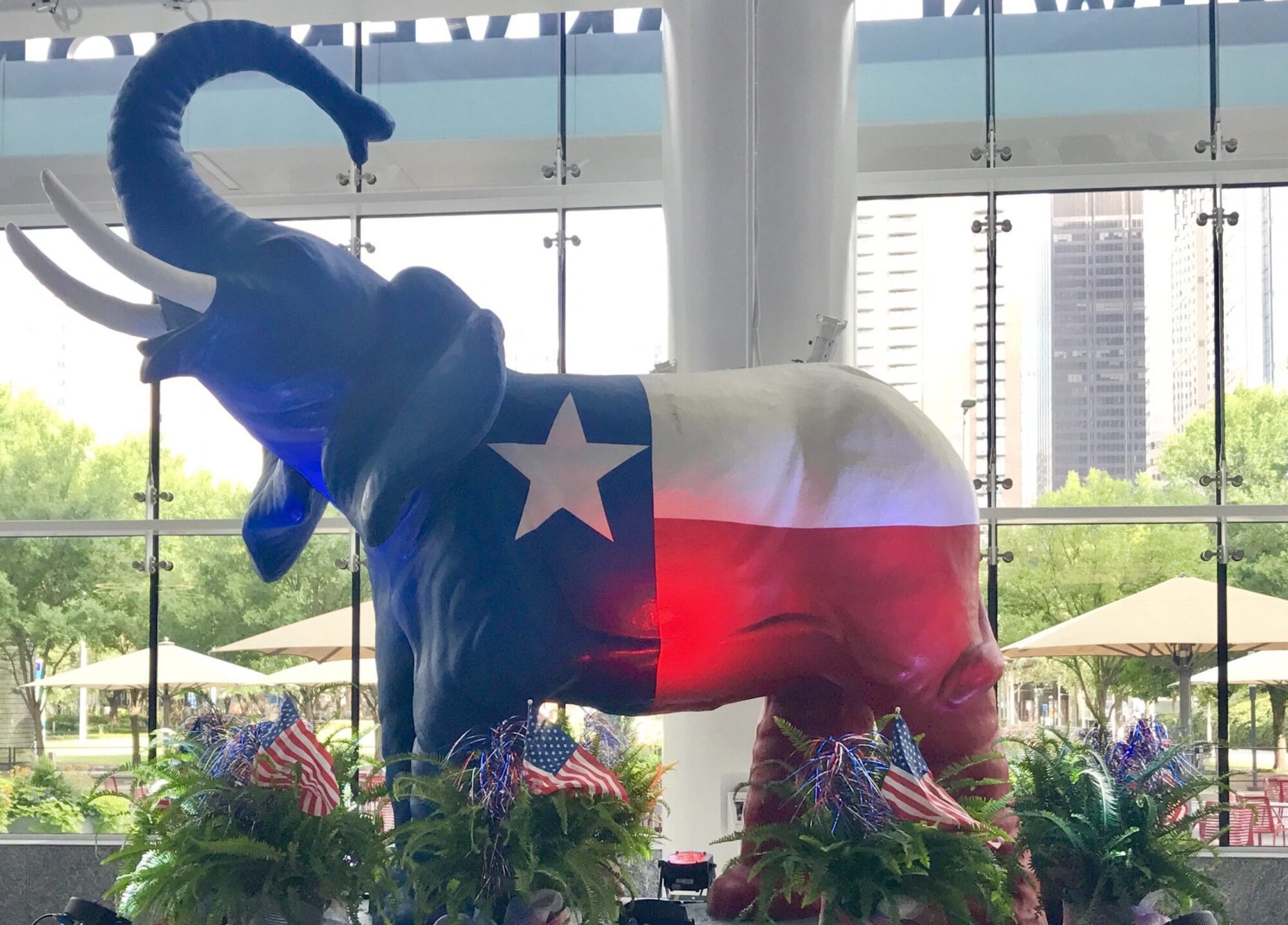A federal judge ruled that Texas election officials cannot reject mail-in ballots with wrong or missing identification numbers.
U.S. District Judge Xavier Rodriguez found that the voter ID requirement violates the Civil Rights Act of 1964.
Rodriguez agreed with the U.S. Department of Justice that providing a correct voter ID is “not material in determining whether voters are qualified under Texas law to vote or cast a mail ballot.”
Christine Welborn, executive director of Advancing Integrity, says the ID requirement “is for the protection of the voter as well as the integrity of the vote.”
“We must be able to determine that the person voting is the actual registered voter,” said Welborn. “In-person voting requires an ID and a signature; voting from mail should do the same.”
Since 2021, Texas has required mail-ballot applications and carrier envelopes to include the voter’s state-issued ID number or the last four digits of their Social Security number.
Local election officials check the numbers to verify they match the registered voters. If a number does not match, or is missing, voters can “cure” the defect by mail if time allows.
Voters can also use the state’s online mail-ballot tracking system to correct ID information.
The voter ID requirement was enacted as part of a comprehensive election integrity measure passed by the Texas Legislature in 2021 as Senate Bill 1.
Texas already required in-person voters to show ID to verify that they are the person listed on the voter rolls.
Adding voter ID to mail-in ballots extended the same safeguard to voting by mail.
The Biden Administration sued, arguing that rejecting ballots over “minor paperwork errors” denied eligible voters the right to vote.
Thousands of ballots were rejected during the first election after the law was implemented.
Texas is expected to appeal.
Other provisions of SB 1 are also being challenged in court.
No ads. No paywalls. No government grants. No corporate masters.
Just real news for real Texans.
Support Texas Scorecard to keep it that way!





